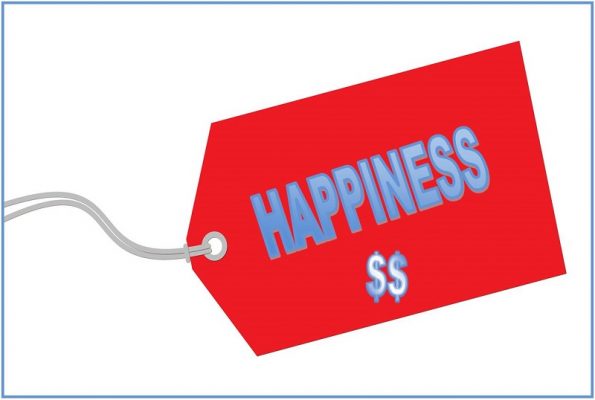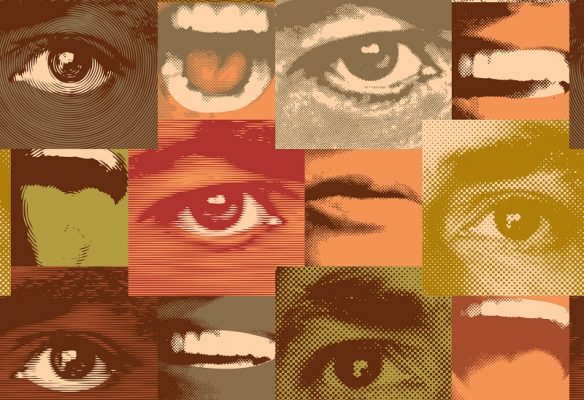Anxiety and Depression
Bob Rich’s Self-Therapy Guide: The ABC Diary
Bob Rich’s book From Depression to Contentment: A self-therapy guide is therapy in your pocket. Depression, anxiety, and other forms of suffering are all too common in our crazy world. Bob teaches you how to rise from that to “normal,” which is the walking wounded, then far above that, to inner strength enabling you to cope in any situation.
Recovering the Self published two sections of Bob’s book in a series of posts – the first section ending with the quest for meaning and the second section concluding with The Development of Resilience. The third section of Bob’s work continues here with special attention to various techniques and practices that are helpful in controlling depression.
In the previous post, Fixing the Thinking, Bob introduced readers to the downward arrow technique in cognitive-behavioral therapy (CBT). Here he talks about another interesting and important tool in CBT – the ABC Diary.
The ABC Diary
Attention is a searchlight. Whatever it shines on stands out, while everything else recedes into background. Attention is also a fertilizer. Whatever you apply it to grows, while everything you withdraw it from withers away.
The “ABC diary” is the most frequently used tool in CBT. The letters stand for “Antecedent” (what went before), “Behavior,” and “Consequence” (what happened because of the behavior). It’s an exploratory device like the downward arrow, but is also a powerful changing tool in its own right, because it forces attention on what you want to achieve.
My second client as a beginning therapist was a lady with a food obsession. Whatever she was doing, she vividly imagined eating ten chocolate bars in a row, or spooning down a whole container of ice cream, or a jar of honey. This happened about five times a day. She had an iron will, so didn’t actually indulge, but the obsessive thoughts gave her a lot of distress. I told her we needed to track down where these imaginings came from, so set her up with an ABC diary:
At the next session, she reported that the food thoughts had reduced a great deal. She’d only spotted three in a week! Since she had obsessive tendencies, I was certain this was an honest count. Later, she went through the Christmas period of traditional gluttony without being tempted to overindulge, for the first time in many years.
This is how an ABC diary works. If you monitor something unwanted, it reduces. If you monitor something you want more of, it increases. Magic.
I’ve used versions of it for all sorts of behaviors. Mario was scared of failing, because he “mooned off” during study. I got him to note the time he started studying, and the times when he noticed that he was thinking about something else. His study time increased, distracted time practically disappeared.
It’s almost a bonus that this kind of record also acts as a detective tool. For example, over a week’s tracking of when her mood plummeted, Claire noticed that this was whenever she saw someone else being happy. The typical thought was some version of “Not fair, why not me?” As we discussed this, she had a vivid recall of her mother screaming at her, “You’re such a miserable little bitch! Why can’t you be happy for a change?”
Bingo. I gently asked her, “How long will you put up with your mother’s abuse?”
This had never occurred to her before. “OK, what should I do?”
“Brainstorm. Design a thought you’ll deliberately think when seeing someone happy, and say it to yourself in such situations.”
She eventually came up with “Bless you for being happy.”
This was highly successful, after a couple of weeks of invariable practice. It illustrates one of the findings I’ll explore in Part 5, that the more you give, the more you get.
Homework
Pick a habit you find distressing, and set up an ABC diary for it. Record instances for a couple of weeks, then study your diary for patterns. Note any changes in its frequency.
Look for recurring patterns that make sense of the habit.
– Dr. Bob Rich










One thought on “Bob Rich’s Self-Therapy Guide: The ABC Diary”
Comments are closed.